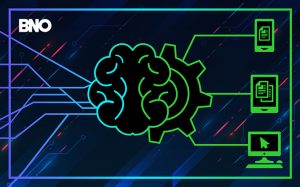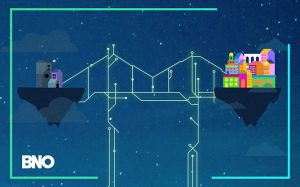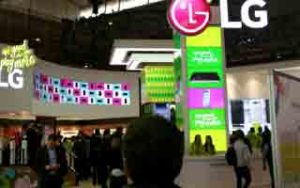Day three at Mobile World Congress 2016 focused on mobile transformation, IoT platforms, digital inclusion, wearables, robots, and humanitarian connectivity.
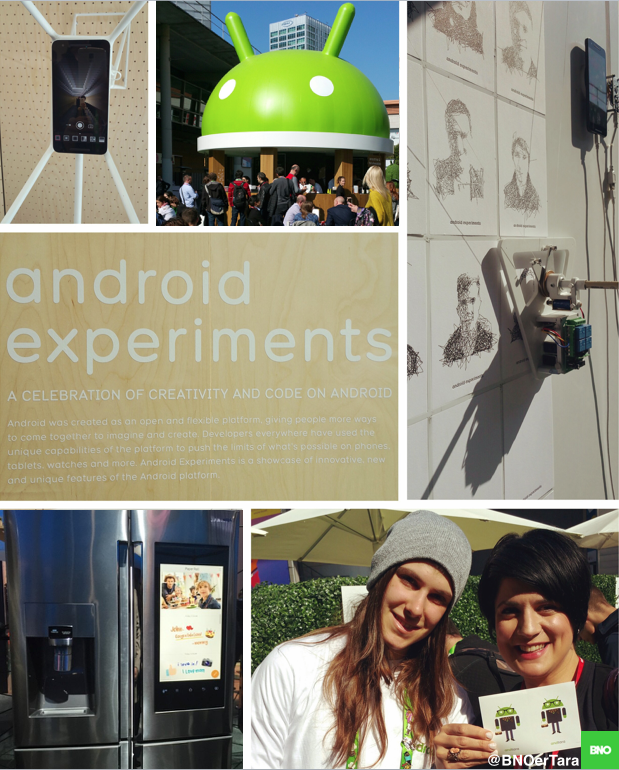
I started my day by spending a few hours (yes, I said hours) on the IoT Tour. The tour helped ground me in this ever-present concept. The net-net: people have access to a ton of technology, but they have limited time and they want their technology to be smarter about their specific needs.
What is IoT?
IoT (The Internet of Things) is an environment in which objects, people, and even animals are provided with unique identifiers and the ability to transfer data over a network without requiring human-to-human or human-to-computer interaction.
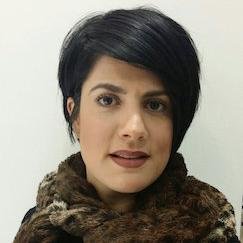
Until about 10 years ago, computers and the Internet almost completely relied on human beings to function. If we had computers that knew everything there was to know about the things that matter to us — using the data they gathered without any help from us, we would be able to track and count everything and greatly reduce waste, loss, and cost. We would know when things needed replacing or repairing and whether they were past their shelf life. One of the first Internet appliances was a Coke machine at Carnegie Mellon University in the early 1980s. The programmers could connect to the machine over the Internet, check the status of the machine, and decide whether to make a trip to the machine based on the current beverage temperature.
We are moving toward an era in which everything we see and do will be integrated. This allows for rich data transfer that can inform technology and monitor behavior, enabling us to live more efficient, organized lives. Today I interacted with connected cars that monitor driver behavior and performance and refrigerators that create shopping lists to send to you (and your grocer). In the coming months, we will begin to see these connected devices hitting the mainstream market. These items are not only easy to use and create new ways to interact, but they will create new ways to do business.
The highlight of my day was the Android Experience in the Android networking garden. I interacted with test experiments (new apps) that they are working on such as Grove, Tunnel Vision and “Androdified” myself. I also took a little bit of time to go on an Android-sponsored scavenger hunt with their partnering booths to find hidden Android dolls. I didn’t win a prize, but it was a really engaging cross-promotional strategy for Android, exposing crowds to their collaborators.
To close the day, I attended the Mobile is Digital Inclusion. Ann Cairns, President, International Markets for MasterCard, was brilliantly witty and a delight to listen to during this presentation on digital inclusion. The talk focused on the passion of delivering financial inclusion through innovation, humanitarian connectivity, and empowering the children globally, via Digital Inclusion.
She explained that partnering with government organizations and technology companies can have a huge economic impact on the world.
Do you have questions or comments? Drop them below, I’d love to hear from you!
Follow us
Get updates and details on the latest coming out of Mobile World Congress 2016: Like us on Facebook, follow BNO on Twitter and on Instagram
